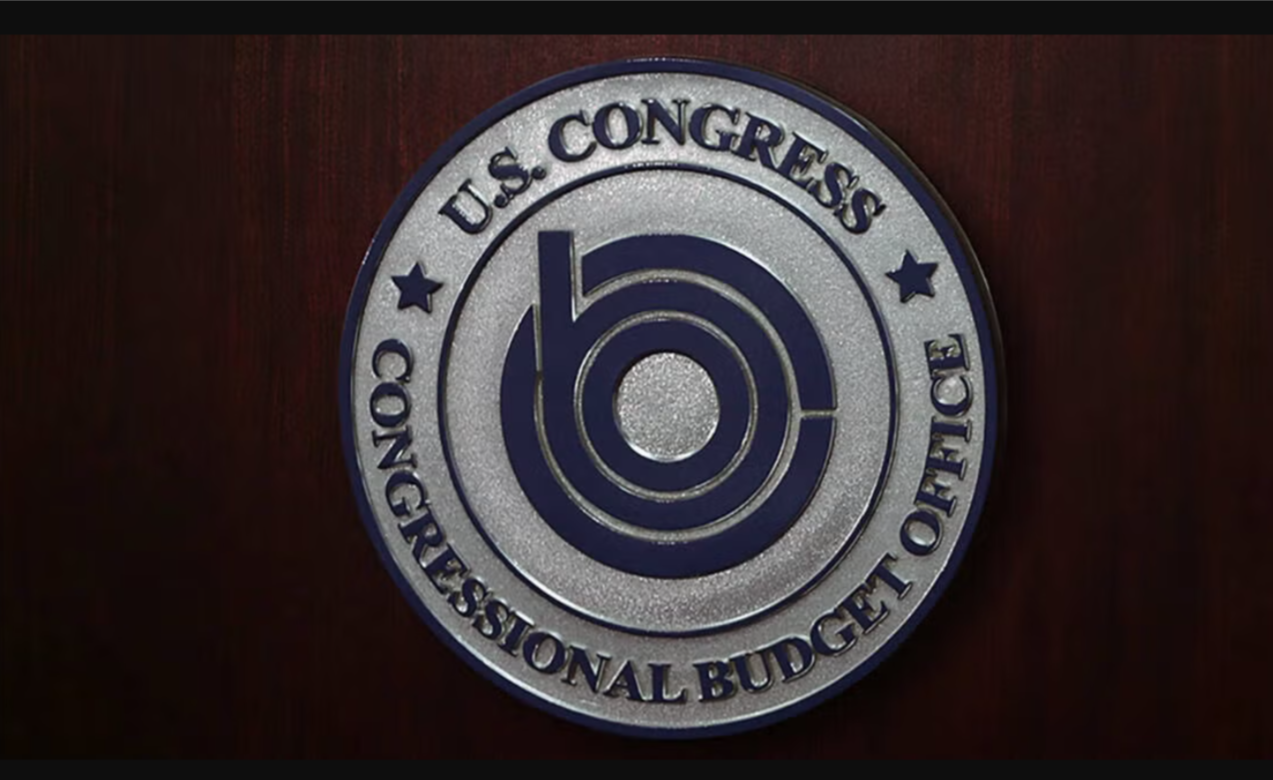(ThyBlackMan.com) There is plenty of anecdotal evidence to support the existence of racial disparity when it comes to traffic stops. You probably have a couple of stories yourself, either times when you have been pulled over for driving while black, or incidents that happened to your friends or relatives.
Yet there’s also plenty of hard data to indicate that systemic racism among law enforcement officers is alive and well, despite the fact that data on traffic stops is somewhat spotty. According to statistics provided by the Stanford University Open Policing Project, and published in National Geographic in 2018, “A disproportionate share of the estimated 20 million police traffic stops in the United States each year involve black drivers, even though they are no more likely to break traffic laws than whites.”
In every state save one, black and Hispanic drivers are also disproportionately more likely than their white counterparts to be searched during a traffic stop. They get more traffic tickets, too, in all but two states.
What happens if you get pulled over on suspicion of speeding? You will get a ticket. The officer will ask you to sign it, thereby promising to show up in traffic court and answer to the charges. If you are charged with speeding, you may also have the option of sending in your fine in lieu of going to court.
Today, we’re going to be discussing the options you have if you’ve been charged with reckless driving. It’s important to understand what reckless driving is, how it differs from an ordinary speeding ticket, and why you should probably avail yourself of legal counsel in order to get the fairest possible treatment.
What’s the Difference Between Reckless Driving and Speeding?
Reckless driving comprises many different violations. Driving abreast of another vehicle, passing a stopped school bus or an emergency vehicle, passing another vehicle in a no-passing zone, racing, and failing to signal are all variations on reckless driving.
There are also reckless driving charges that involve speeding. Driving 80 mph or higher, or driving 30 or more mph over the posted speed limit, will result in a misdemeanor charge of reckless driving rather than a moving violation of speeding. In essence, the difference between the two infractions is a matter of degree — and you can be charged with reckless driving for certain actions even if you are abiding by the speed limit.
The Potential Penalties for Reckless Driving
Did you catch the reference to a misdemeanor in the preceding paragraph? That’s right; if you are convicted of reckless driving, you will have a misdemeanor conviction on your permanent criminal record.
A regular speeding ticket only goes on your driving record, and isn’t considered a criminal charge.
After a reckless driving conviction, you may have to let potential employers and landlords know that you have a misdemeanor. That isn’t something to be taken lightly — if you are an African-American with a clean criminal record, having a blight on it can spell trouble.
In addition to the stigma of a criminal charge, reckless driving may result in jail time, fines of up to $2,500, six demerit points that will stay on your license for 11 years, and suspension of your license. It may impact your auto insurance premium rates, as well.
Is It a Good Idea to Fight a Reckless Driving Charge?
That depends on several factors, including the charge itself, whether or not you caught other charges (such as for driving while intoxicated or driving on a suspended license) at the same time, and the circumstances surrounding the incident. Your best bet is to consult with an attorney who can advise you whether or not the charges are likely to result in a conviction.
As with any other criminal charge, the burden of proof in a reckless driving case is on the prosecution. They must prove beyond a reasonable doubt that you committed the crime of driving recklessly. If there are mitigating circumstances that might introduce doubt, then you may want to fight the charges in court.
Another Option May Be Getting the Charge Reduced
It may also be possible to get the charge reduced from reckless to improper driving. Improper driving isn’t a criminal charge. It’s a moving violation, like a speeding or parking ticket. As such, it only burdens your license with three demerit points, and those points don’t stay on your license for as long as the reckless driving ones do. It’s one of the lowest-level moving violations, and is wiped from your license after only three years.
Improper driving may be applicable when you could be proven guilty, but you had minimal culpability nonetheless.
“A charge of improper driving is something of a middle ground between being found guilty of criminal charges and having your charges dismissed altogether,” explains Samantha Upton, one of the Greensville reckless driving attorneys with Weiland Upton.
In Closing
A charge of reckless driving isn’t nearly as serious as many other crimes that the black youth of our nation are routinely jailed for, but neither is it something to take lightly or laugh off. It will go on your permanent record and affect your life for years to come. If you’ve received this charge, contact attorneys who specialize in reckless driving cases.
Have you ever been charged with reckless driving, and if so, what was the outcome? Do you have a story to share about driving while black or being stopped by police for no valid reason? Share your thoughts in the comment section.
Staff Writer; Walter Shaw
















Leave a Reply